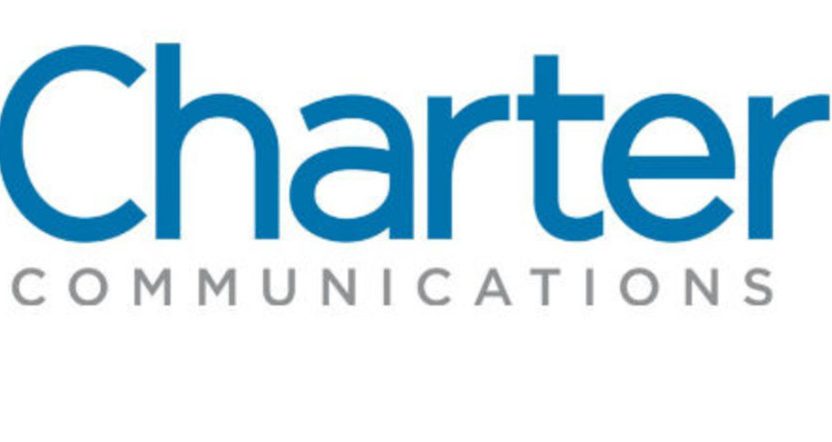While many carriage disputes are over cable channels, there have also been quite a few over local broadcast network affiliates in the past few years. Those affiliates are available over-the-air to people who have a digital antenna, but many of their viewers watch them via their inclusion in cable, satellite, or streaming TV packages, and they charge pay-TV providers a per-subscriber fee (similar to what cable networks do) for those “retransmission costs.” Many of those fees to the providers have increased over the last few years, and that time span has also seen many of the providers charging their subscribers more in “broadcast TV fees,” citing increased costs from providers. A particularly notable example comes from Charter Spectrum, which is yet again raising that fee.
Charter Spectrum had a “Broadcast TV Fee” of $8.85 per subscriber per month as recently as October 2018. They boosted it to $9.95 that November, then to $11.99 in March 2019. It went up to $13.95 in October 2019. And now, Phillip Dampler writes at Stop The Cap that Charter’s set to boost it to $16.45 a month beginning in August, impacting both cable and streaming TV subscribers:
The Broadcast TV Fee surcharge will increase $2.95/month to an unprecedented $16.45/month. Spectrum claims this fee covers the retransmission costs local broadcasters charge the cable company to carry their channels on the cable system. Spectrum breaks this fee out of the monthly cost of cable TV and places it as a separate line item on your bill. This also conveniently allows the company to pass through rate increases even if you are on a price-locked promotional pricing package typically offered to new customers. If you do not subscribe to traditional cable television but have signed up for one of Spectrum’s streaming TV packages like TV Choice, the Broadcast TV Fee will also increase $2.95/month, raising that surcharge to $8.95/month.
Spectrum also plans to increase the cost of its cable TV packages. Spectrum’s most popular TV Select package is expected to increase $1.50/month to $73.99/month. Customers on a promotional pricing plan will not see this rate increase until their promotional pricing expires. Customers bundling multiple products should expect discounts to reduce that cost a bit.
Jon Brodkin of Ars Technica has comment from a Charter representative:
A Charter spokesperson confirmed the Broadcast TV and TV Select price increases when contacted by Ars today. The Broadcast TV fee change will apparently apply even to customers who are on promotional deals that lock in a price for a set amount of time. Charter told us that promotional prices apply to the “package price,” which “will not change until the end of their promotional period.” But Charter said that the “Broadcast TV Service Charge is separate from the TV package price,” so it can go up regardless of whether a customer is still on a promotional deal.
Charter’s statement to Ars said that “programmers annually raise programming fees to deliver the same content, leading to higher costs across the entire industry. The increase we are passing through to viewers is a direct result of these rising programming costs.”
Of course, Charter isn’t the only provider charging these fees, and they’re not the only one to raise them recently. In November 2019, Comcast boosted their broadcast TV fee from $10 a month to $14.95 a month, so their fee was above Charter’s for this year to date so far. But Charter’s broadcast TV fee is now higher again. And it’s worth mentioning that this fee often hasn’t been included in the per-month TV prices they advertise.
That doesn’t mean Charter’s TV package is necessarily more expensive than their competitors, either. That all depends on what package you have and what promotional deals you get. It’s also notable that Charter doesn’t charge a separate “regional sports programming fee,” unlike some competitors; it’s worth examining what the fees are going to be on any pay-TV package before you sign up for it. But it’s certainly interesting to see Charter boosting this “broadcast TV fee” yet again, and boosting it to almost twice what it was less than two years ago.







